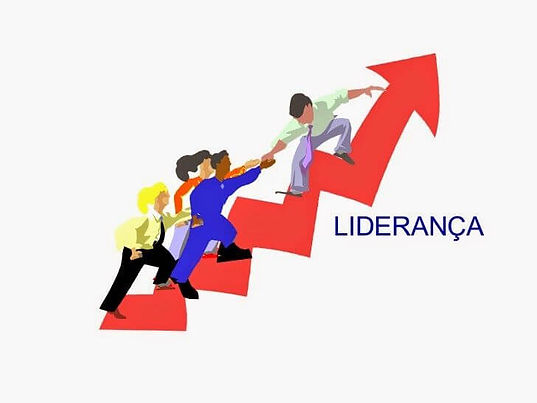

what is leadership
What is leadership.
Leadership is leading people toward a goal. Leadership is the influence a person exerts on other individuals and on the activities of groups and teams. also the context in which the leader is inserted, the symbolism that this leader represents, as well as the mission he has to achieve and the proposed objectives in the organizational environment in which he works.
Influencing has a very close meaning to power, as it also refers to the ability to change behavior, but it tends to be a more subtle and less direct action than the exercise of power. Power indicates the ability to affect results more easily than power. influence.
LEADERSHIPS MAY BE REPRESENTED IN AN AUTOCRATIC, DEMOCRATIC AND LIBERAL WAY.
Autocratic leadership: is leadership based on the power of coercion and position, which expends a high amount of energy, seeking the greatest possible control over people's actions and reactions. This form of leadership generates passive and alienated people in the organizational environment, because its way of managing is imposing and centralizing decisions as a whole.
Democratic leadership is the most communicative and its goal is to make groups or teams more participatory and motivated to meet organizational goals.
The Liberal Leader is completely uncommitted, leaves the decision-making task to his employees, has little influence, and is not involved in daily activities.
Leaders are driven by goals, so there is no leadership without goals to achieve. It is up to leaders to keep their employees stimulated through their ability to influence their behavior towards their goals, whether this stimulus is guided by the award that will encourage each employee.
Ideally, the leader is able to assess the organization's needs and is aware of his commitments as a leader, to meet these needs. of the moment, according to organizational contingencies, which will make you a leader who adapts to all situations.
People who are considered leaders have the opportunity to exercise their own capabilities according to their motivations and preferences and can develop certain qualities and characteristics of a leader at a very early age.